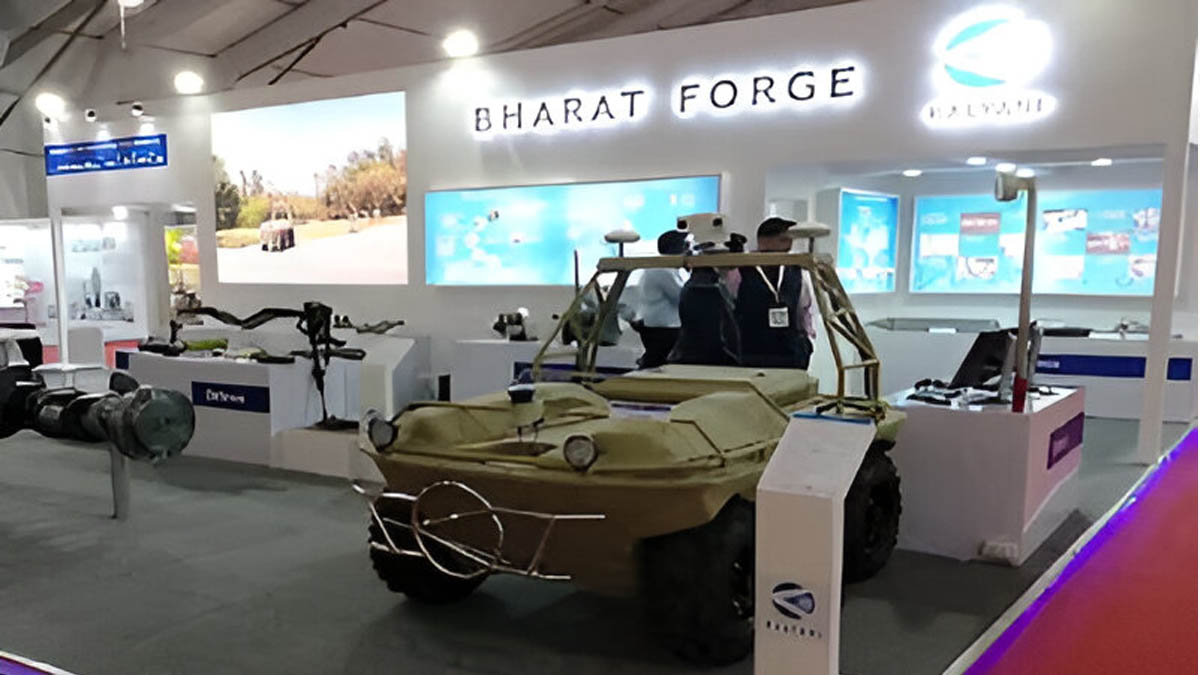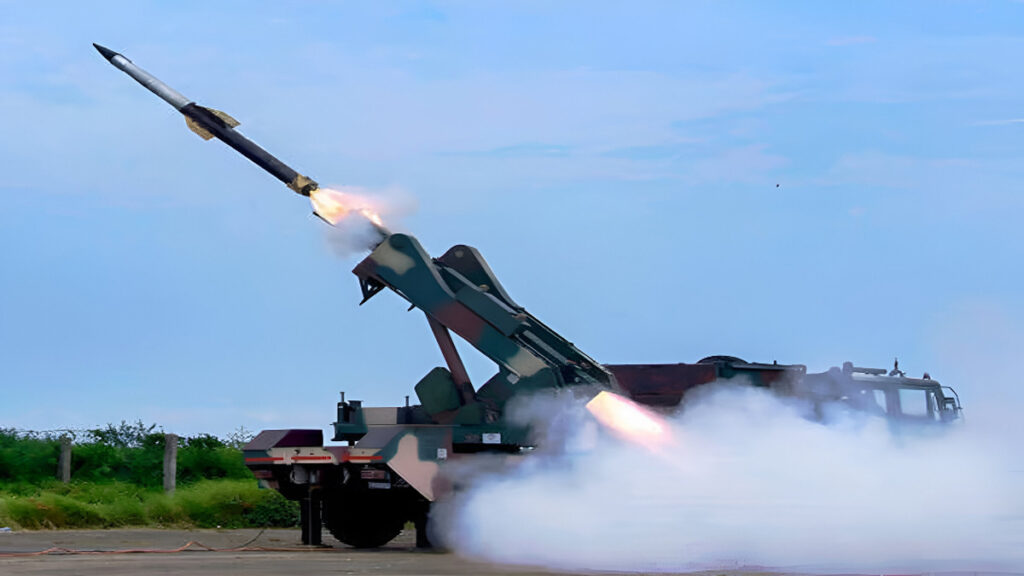Now Reading: India Orders Bharat Forge, Mahindra to Boost Munitions, Carrier Output
-
01
India Orders Bharat Forge, Mahindra to Boost Munitions, Carrier Output
India Orders Bharat Forge, Mahindra to Boost Munitions, Carrier Output

In a significant move to bolster national security and enhance indigenous defence capabilities, the Indian government has reportedly instructed key private sector defence manufacturers, including Bharat Forge and Mahindra Defence, to significantly ramp up their production of critical munitions and military carriers. This directive comes amidst the nation’s unwavering focus on self-reliance in defence manufacturing and the modernization of its armed forces.
Sources familiar with the matter indicate that these private entities have been specifically tasked with accelerating the output of certain types of ammunition, particularly those crucial for countering drone threats and advanced “smart” munitions. Furthermore, the companies are expected to increase the production of armored vehicles capable of integrating various weaponry systems, such as loitering munitions and guided missiles, thereby enhancing the agility and firepower of the armed forces.
This strategic push extends beyond the existing production capacities of the state-owned ordnance factories, highlighting the government’s confidence in the capabilities and efficiency of the private defence sector. Industry insiders suggest that a follow-up meeting with these key suppliers is likely to occur soon to review progress and address any potential challenges in scaling up production.
Bharat Forge, a prominent player in the Indian manufacturing landscape, possesses a substantial defence manufacturing facility near Pune. This facility is dedicated to the assembly and integration of a wide array of defence equipment, including artillery guns, military vehicles, and small to medium caliber arms and systems. Earlier this year, Bharat Forge secured a landmark contract with the Ministry of Defence for the supply of 184 indigenously developed Advanced Towed Artillery Gun Systems (ATAGS). The 155/52 mm calibre ATAGS, jointly developed with the Defence Research and Development Organisation (DRDO), boasts a superior firing range of up to 48 kilometers and an all-electric drive system that reduces maintenance requirements compared to traditional hydraulic systems. Its enhanced mobility, with a speed of 18 kmph, and a higher firing rate of six shells per minute further underscore its advanced capabilities. Importantly, the ATAGS can utilize existing ammunition without the need for special modifications.
Mahindra Defence, the defence arm of the Mahindra & Mahindra conglomerate, has also been a significant contributor to India’s defence sector. The company holds licenses for the production of small arms and associated ammunition, alongside its expertise in manufacturing both armored and non-armored mobility solutions for the Indian Army. Mahindra’s product portfolio includes the Marksman, a specialized military vehicle designed for urban warfare, and the Rakshak, an armored military utility vehicle, both of which play crucial roles in enhancing the operational effectiveness of the armed forces.
This directive to private players aligns with the Indian Army’s earlier request for information seeking domestic vendors for the manufacturing of 23mm anti-drone ammunition under the “Make in India” initiative, overseen by the Directorate General of Army Air Defence. The increased focus on indigenous production is a testament to the significant growth witnessed in India’s defence manufacturing sector since the inception of the “Make in India” campaign. In the fiscal year 2023-24, domestic defence production reached a record ₹1.27 lakh crore, a substantial increase that has reduced the nation’s import dependency from 65-70% a decade ago to approximately 65% currently being manufactured within the country.
The private sector, with companies like Bharat Forge, Mahindra, and the Tata Group at the forefront, is playing an increasingly vital role in this transformation. In FY24, these private entities contributed 21% to the total defence production, bringing with them innovation and enhanced efficiency. India’s defence industrial base now encompasses over 430 licensed companies, in addition to the 16 Defence Public Sector Undertakings (DPSUs), and a robust network of approximately 16,000 Micro, Small, and Medium Enterprises (MSMEs).
While official comments from Bharat Forge, Mahindra, and the Ministry of Defence are yet to be received, this proactive step by the government underscores its commitment to strengthening the nation’s defence apparatus through the active participation of the private sector. This strategic emphasis on boosting indigenous production of critical munitions and carriers is expected to significantly enhance India’s preparedness and reduce reliance on foreign imports in the long run.










